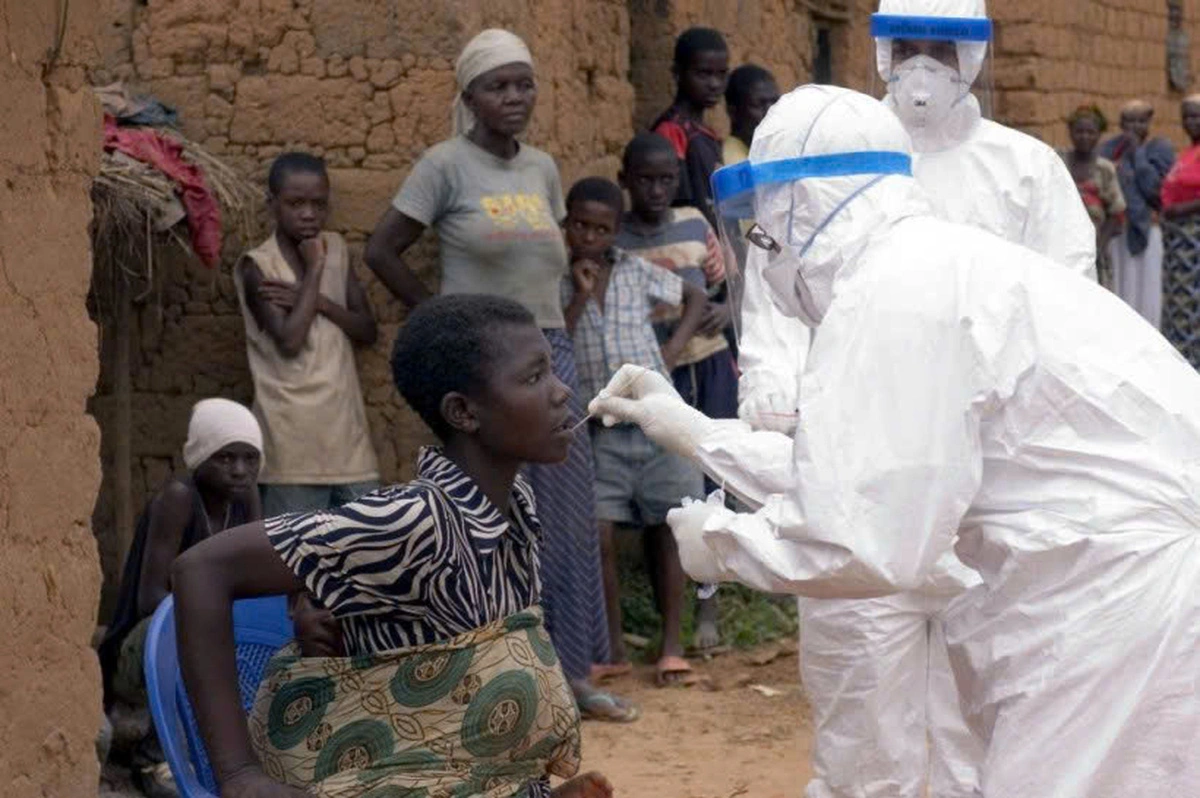The risk of the Marburg virus, which causes an Ebola-like disease, entering Ho Chi Minh City through air travel is low as there are no direct flights from Rwanda and any incoming passengers who have transited or visited Rwanda will be carefully screened, the municipal Department of Health said on Sunday.
The low risk is due in part to Rwanda having only one maritime port.
From January last year until September 30, Vietnam received no vessels and ships from this port, the Department of Health reported.
What is more, the transport time from Africa to Ho Chi Minh City by sea takes 25-40 days, while the longest incubation period for Marburg virus disease is 21 days.
As a result, the Ho Chi Minh City Department of Health concluded that while the risk of Marburg virus entering the city remains low due to logistical factors, it cannot be entirely ruled out.
South Korea, China, and the U.S. have enhanced medical measures at border gates to prevent the disease from spreading to their countries although the World Health Organization (WHO) says it is unlikely for the current outbreak in Rwanda to become global.
On October 11, the General Department of Preventive Medicine under the Vietnamese Ministry of Health mandated measures to prevent and control the disease at border gates.
The Ho Chi Minh City Department of Health has also instructed the municipal Center for Disease Control to monitor passengers on flights connected to Rwanda.
On September 27, the Ministry of Health of Rwanda announced the confirmation of the Marburg virus disease.
As of October 11, Rwanda had recorded 58 cases and 13 deaths from the Marburg virus disease, according to the WHO.
The WHO has assessed the risk of this outbreak as very high at the national level, high at the regional level, and low at the global level but advised all countries to refrain from implementing any travel and trade restrictions with Rwanda.
The Marburg virus disease is a highly virulent disease that can cause hemorrhagic fever and is clinically similar to Ebola.
People are initially infected with the virus when they come into close contact with Rousettus bats, a type of fruit bat that can carry the Marburg pathogen, often found in mines or caves.
The virus spreads through direct contact with broken skin or mucous membranes, coming into contact with the blood, secretions, organs, or other bodily fluids of infected people.
It can also be transmitted via contaminated surfaces and materials, like bedding and clothing.
According to the WHO, the incubation period varies from two to 21 days, and the illness can begin abruptly, with high fever, severe headache, and severe malaise.
Watery diarrhea, abdominal pain, cramping, nausea, and vomiting can manifest themselves on the third day.
Like us on Facebook or follow us on Twitter to get the latest news about Vietnam!






















































